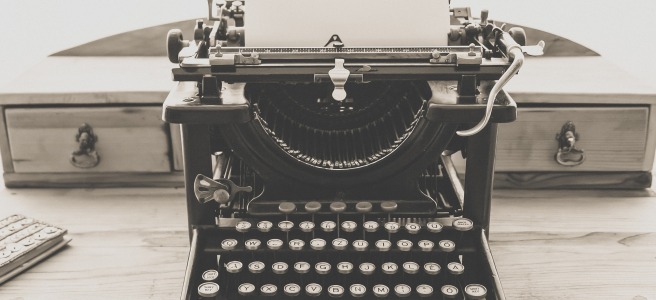I sampled quite a few books on craft while I was studying. There were various degrees of usefulness, and I used them both for learning, and for supporting my arguments in assignments. Below are six of the ones I got the most from, along with the key reasons I found them useful.
Royle, N (ed) (2015) The Art of the Novel , Cromer: Salt Publishing

I should begin with the caveat that Nicholas Royle was my tutor for the first workshop module on the MFA, and also my supervisor for the dissertation and creative project modules. He is a successful fiction and non-fiction writer in his own right, an experienced editor of novels and anthologies, and an independent publisher of chapbooks (Nightjar Press).
This craft book consists of 18 essays by published writers, including one by Royle himself. The essays cover various subjects, including Magic Realism, Narrative Perspective, Comic Fiction, Characterisation in Horror Fiction, Surrealism, Historical Fiction to name a few. In addition to each essay, there is a writing exercise plus a list of what each writer considers to be the 10 best novels of their particular genre in case you want to do some further research. I refer back to this collection quite often.
Yorke, J (2013) Into the Woods: How Stories Work And Why We Tell Them, London: Penguin Books
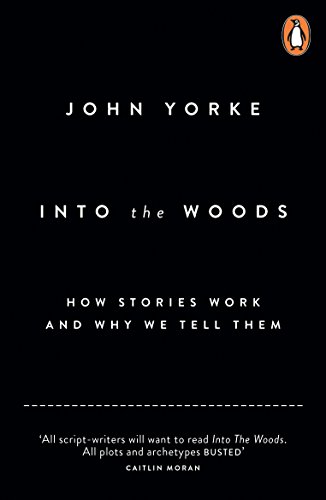
I think this was recommended in the scriptwriting class I took in the first year of the course, and it is clearly aimed at scriptwriters, but there is a great deal of useful advice for writers of fiction in this book. I found Yorke’s discussions around story structure and dialogue informative, and his views on active vs passive characters are helpful in dispelling the idea that to be active, a character must be going out and doing heroic things.
I also enjoyed the section on dialogue and in particular subtext. He breaks it down succinctly I think. There is much to learn from this book and my copy is full of highlighter, underlines and sticky bookmarks.
Vaught, A. (2024) The Alchemy: a guide to gentle productivity for writers. London: Renard Press.
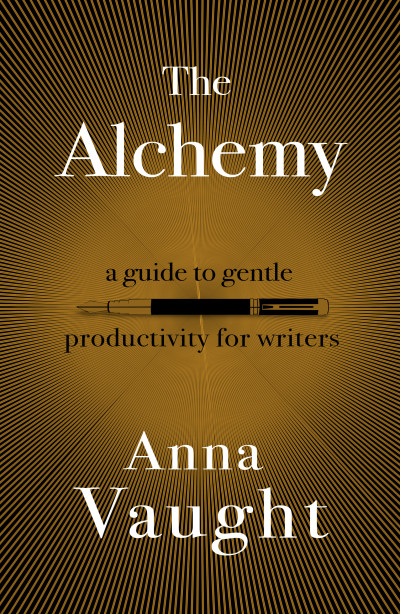
Most of the texts I will share here are ones I found useful while studying, but this is one I found after my studies.
This book by Anna Vaught is a delight. It’s a wonderful pep talk from your favourite auntie (the cool one who knows you better than anyone and gives you tea and Welsh cakes), about how you too can be a writer if you really want to, and how not to let yourself be convinced otherwise by people who are not so well-meaning.
Vaught talks about her own struggles with life, disability, family, writing and getting published despite everything stacked against her, and offers strategies to those of us who sometimes need a bit of encouragement to keep going. There are also useful writing exercises and a chapter where other writers talk about the ways they find to be productive. It really is an uplifting piece of work.
Storr, W. (2019) The Science of Storytelling: Why Stories Make us Human and How to Tell Them Better. London: William Collins

As the title suggests, this book delves into the scientific side of why our brains like stories – particularly from a psychological point of view.
From creating the world in which the story takes place (not necessarily a different world to this one, but rather creating the surroundings and culture that form the backdrop for your story), to plots and endings, the book offers insights into how each of the different working parts of a story affect the human mind and how we can use that knowledge to craft stories that will captivate. Well worth a read and another that I found useful enough to mark up with underlines, highlights and page tags while studying.
Bell, S. (2008) The Artful Edit: On the practice of editing yourself. New York: W.W. Norton.
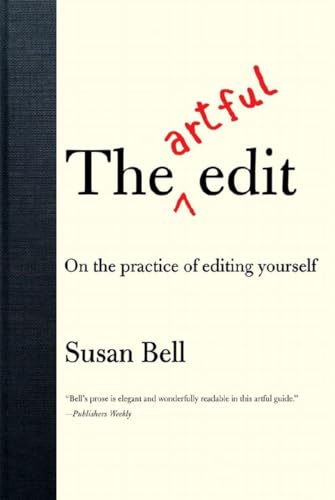
Suggested by Rachel Genn, my tutor for the second workshop module, this book is perfect for when you have a full draft of your novel and aren’t sure what to do next. Bell offers insights on how to hone your words so that they grab the reader, and how to weed out the weaker passages.
Bell includes lots of examples from famous novels (Gatsby for example) to show how they were improved by editing. I found this text extremely helpful in learning to recognise when I’m ignoring a subconscious niggle about my own writing, so that I try fix it rather than letting my eye skim past and telling myself, ‘It’s fine.’
Bell recognises that we all need an editor. This book aims to help you make your novel be as good as it can be before submitting.
Vandermeer, J. (2018) Wonderbook: The Illustrated Guide to Creating Imaginative Fiction. Revised Edition. New York: Abrams Image.
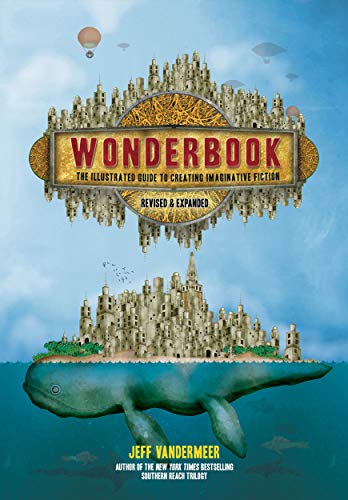
This book has been suggested by so many SFF writers that I had to try it for myself.
It was written with SFF writers in mind (Jeff Vandermeer is an award-winning SFF author, literary critic, editor and teacher of creative writing), but has so much great advice that can apply to any genre that it would feel wrong to leave it out of this list.
A thick, beautifully illustrated tome, it covers everything from starting out, worldbuilding, plotting, revising, workshopping – the lot. There is an appendix with writing exercises too, and the whole book is interspersed with insights from other writers. It is literally crammed with good advice and learning opportunities. It even has its own Website with more information.
These are the books I referred to most often while studying, but there are more that I enjoyed and found helpful. I will write about some of those in my next blog.

